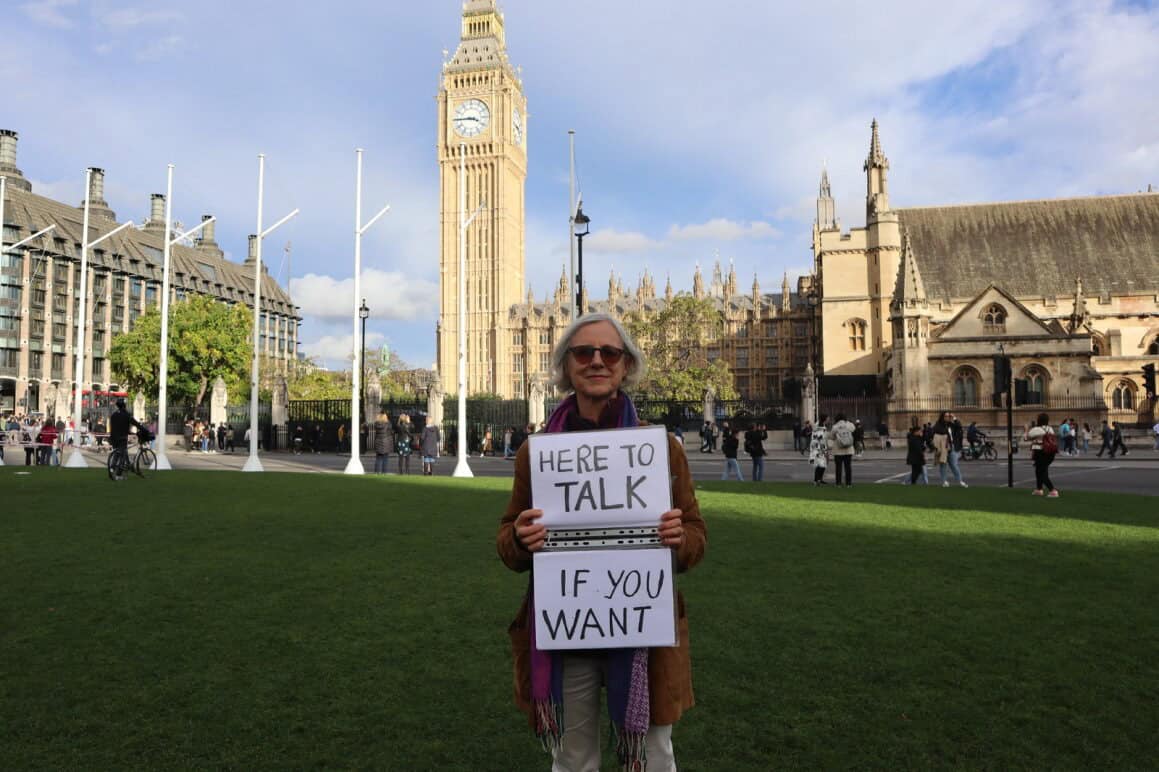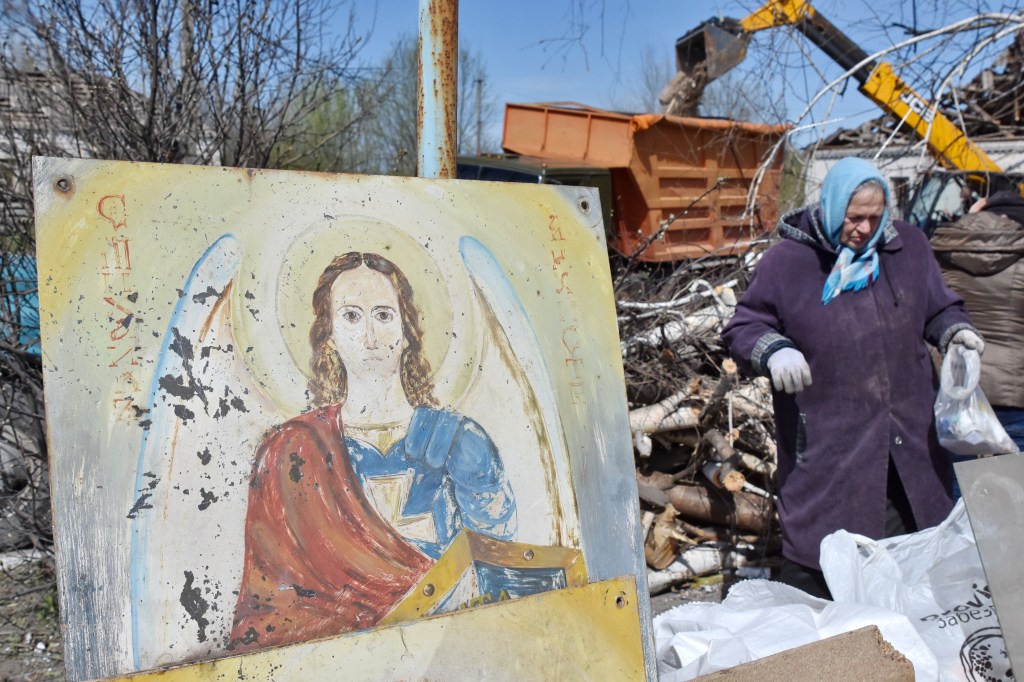Faith in Motion: How Compassion Drives Immigration Support, According to BU Scholar
Religion
2025-03-27 12:00:00Content

Compassion: The Universal Religious Call to Support Migrants
In an era of increasing global displacement and humanitarian challenges, one fundamental truth remains constant: the world's major religions share a profound commitment to compassion, especially towards those most vulnerable—migrants seeking safety and hope.
Professor Mary Collins of Boston University's School of Social Work offers a compelling perspective on how religious traditions universally emphasize empathy and support for those forced to leave their homes. From Christianity's teachings of loving thy neighbor to Islam's principles of protecting the stranger, and Buddhism's core values of universal kindness, religious frameworks consistently advocate for understanding and assistance.
Religious texts and traditions are not merely historical documents but living guides that call believers to action. They remind us that migration is not just a political issue, but a deeply human experience that demands our collective compassion and support.
By recognizing the shared spiritual foundations that encourage empathy, we can transform abstract religious principles into tangible support for migrants, bridging cultural divides and affirming our common humanity.
Compassion Across Faiths: Bridging Divides in the Global Migration Landscape
In an era of increasing global displacement and humanitarian challenges, religious traditions offer a profound lens through which we can understand and address the complex dynamics of human migration. The intersection of faith, empathy, and social responsibility presents a compelling narrative that transcends cultural and geographical boundaries, inviting us to explore the deeper moral imperatives that connect diverse human experiences.Unveiling the Transformative Power of Religious Compassion in Migration Dynamics
The Spiritual Foundations of Humanitarian Engagement
Religious traditions have long been repositories of profound ethical teachings that emphasize human dignity and interconnectedness. From the Christian principle of loving one's neighbor to the Islamic concept of zakat, major world religions provide robust philosophical frameworks that compel believers to extend compassion beyond immediate community boundaries. These spiritual directives create powerful moral imperatives that challenge individuals to transcend narrow self-interest and recognize the fundamental humanity of displaced populations. The theological underpinnings of compassion are not merely abstract philosophical constructs but practical guidelines for social action. Each religious tradition offers unique perspectives on human suffering, presenting nuanced approaches to understanding migration as a complex human experience rather than a simplistic political or economic phenomenon.Comparative Religious Perspectives on Migration and Human Dignity
Different religious traditions approach migration through distinctive yet interconnected lenses of empathy and social responsibility. Buddhism's emphasis on universal suffering creates a profound understanding of displacement, while Judaism's historical experiences of diaspora provide deep insights into the challenges faced by migrant communities. Hindu philosophical traditions conceptualize human interconnectedness through complex metaphysical frameworks that challenge conventional boundaries of identity and belonging. These spiritual perspectives offer sophisticated alternatives to reductive nationalist narratives, presenting migration as a natural expression of human mobility and cultural exchange.Practical Theological Approaches to Humanitarian Support
Religious institutions play critical roles in providing tangible support for migrant populations. Beyond philosophical discourse, faith-based organizations frequently serve as frontline humanitarian actors, offering essential services, legal support, and social integration programs. These interventions are grounded in deep theological commitments to human dignity, demonstrating how religious principles can be translated into concrete social action. By mobilizing community resources and challenging systemic inequities, religious networks create powerful mechanisms for supporting vulnerable migrant populations.Challenges and Opportunities in Religious Humanitarian Engagement
Despite their potential for positive intervention, religious approaches to migration are not without complexity. Internal theological debates, institutional constraints, and potential ideological conflicts can sometimes limit the effectiveness of faith-based humanitarian responses. However, these challenges also present opportunities for innovative interfaith dialogue and collaborative approaches. By fostering mutual understanding and recognizing shared ethical commitments, religious communities can develop more nuanced and effective strategies for supporting migrant populations.Global Implications of Compassionate Religious Frameworks
The convergence of religious perspectives on migration represents a powerful counternarrative to exclusionary political discourses. By emphasizing universal human dignity and interconnectedness, faith traditions offer sophisticated philosophical resources for reimagining social relationships beyond narrow nationalist frameworks. These theological insights provide critical intellectual and moral tools for addressing contemporary global challenges, suggesting more holistic and empathetic approaches to understanding human mobility and cultural diversity.RELATED NEWS

Faith in Focus: Global Spiritual Trends Reshape Religious Landscapes on April 2nd







